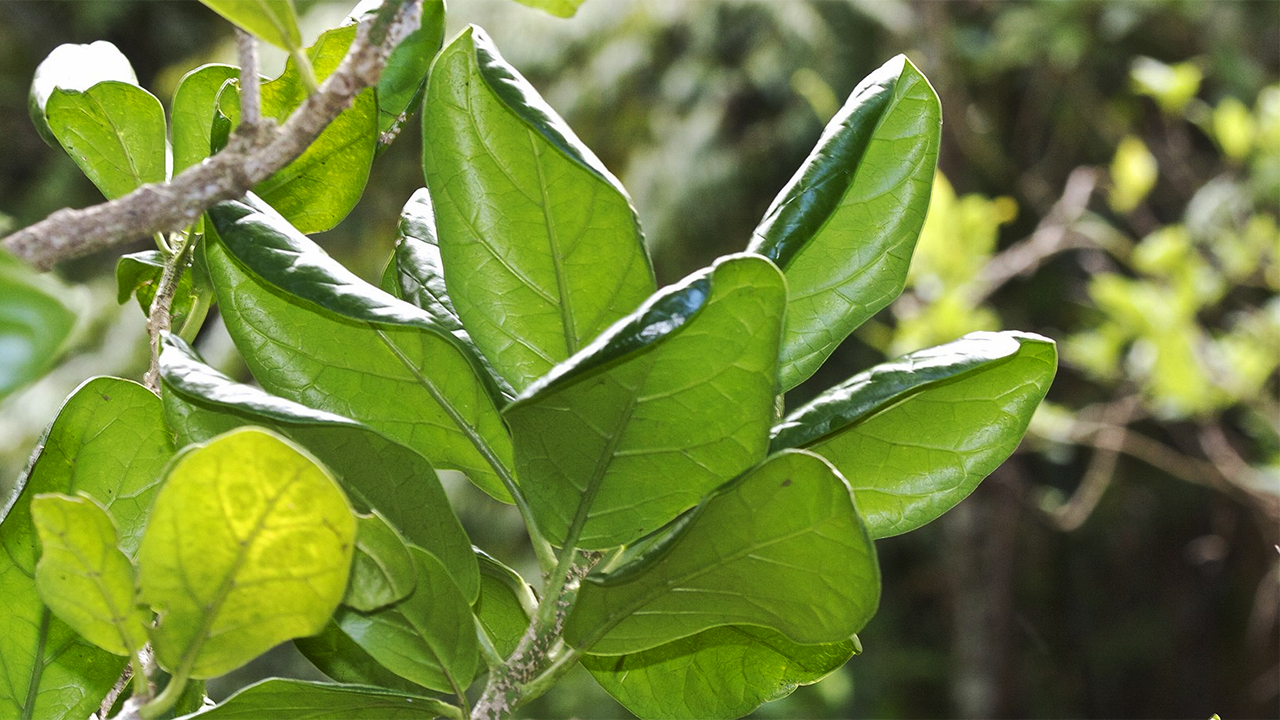Pennantia baylisiana, often hailed as the "world's rarest tree," is a remarkable example of botanical rarity and resilience.
Discovered in 1945 by botanist Geoff Baylis on the remote Three Kings Islands of New Zealand, this tree’s survival story is both intriguing and inspiring.
For many years, the only known specimen was a single female tree, making its conservation a top priority for botanists and conservationists.
The solitary nature of this tree meant that natural reproduction was impossible without a male counterpart, presenting significant challenges for its preservation.
Efforts to save the tree have been extensive. Botanists have focused on vegetative propagation techniques, such as rooting cuttings and germinating seeds, to cultivate new plants.
These efforts aim to create a stable population that can be reintroduced into its natural habitat.
The rarity of Pennantia baylisiana underscores the fragility of island ecosystems, where unique species often evolve in isolation and can be particularly vulnerable to environmental changes and human activities.
Discover Beautiful Flowers, Expert Gardening Tips & Interesting Plant Science!
By submitting this form, you are consenting to receive marketing emails from: . You can revoke your consent to receive emails at any time by using the SafeUnsubscribe® link, found at the bottom of every email. Emails are serviced by Constant Contact

About The Author
John Bagnasco has been in the gardening industry for over 50 years, starting with a horticulture degree from Michigan State University and following a stint at Frank’s Nursery and Crafts in Detroit.
After publishing his first book “Plants for the Home Vol. I” in 1976, he moved to California to become regional manager and buyer for the Nurseryland division of Sunbelt Nursery Group.
He then became the head buyer for Armstrong Garden Centers based in Glendora, California. John had a part-time affiliation with Creative Promotions for ten years before joining them full-time in October 2000 as a senior editor and radio personality for Garden Compass.
John has also taught horticulture classes at Palomar College and San Diego State University.
He is the host of the DVD “The Essential Guide to Roses,” which also features Bryan Main and Bruce and Sharon Asakawa.
His most recent book is “Planting Designs for Cacti and Succulents”.
Currently, John is a co-host on “Garden America,” an interactive live gardening show that additionally provides podcasts of the broadcasts accessible on all major platforms.
You can contact John here.

